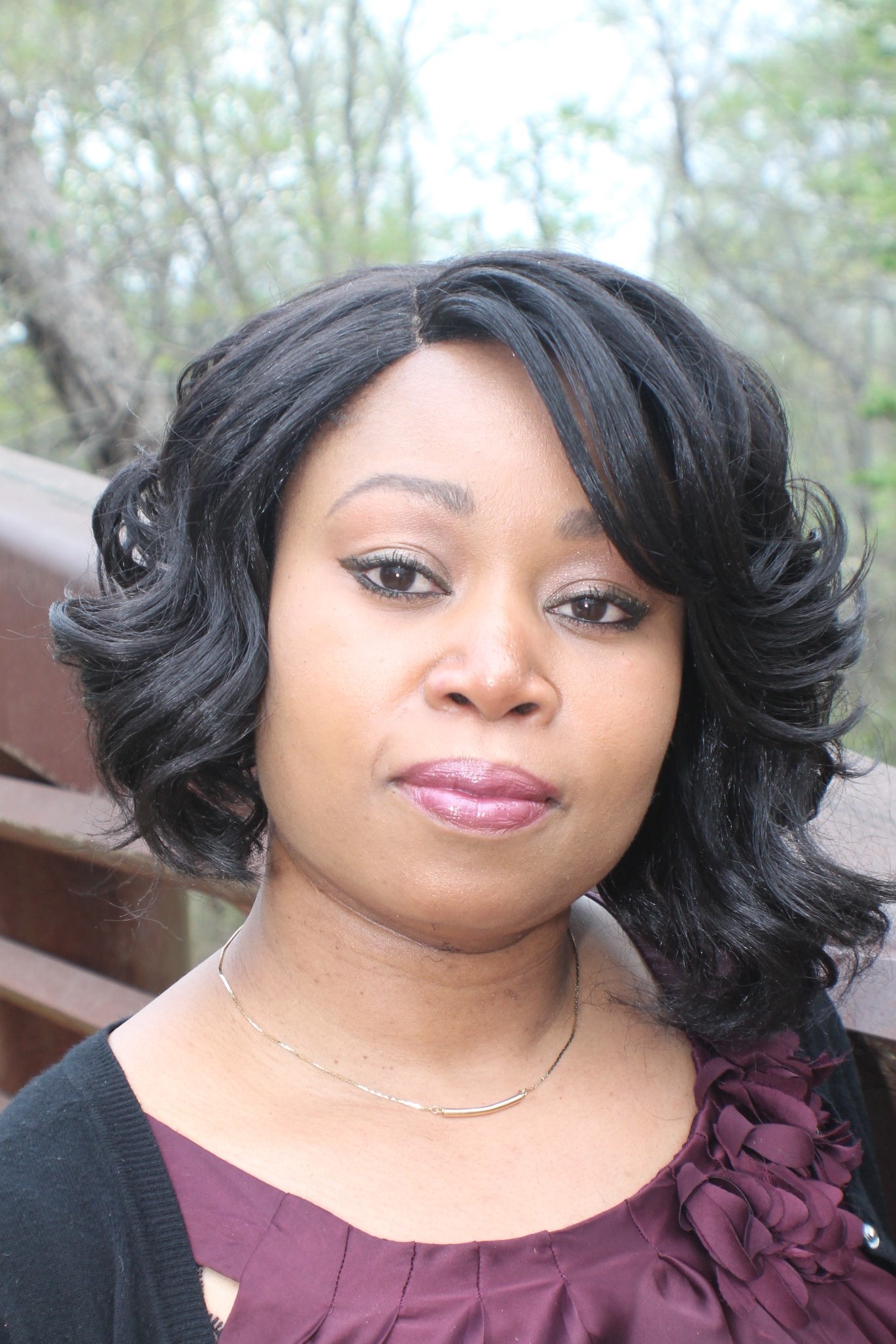Basic Cardiovascular Science 2018 (BCVS18) Scientific Sessions was held in San Antonio this year. I had no initial intention on attending BCVS18, but there was an email notification urging members to participate in a tweeting competition. A Researcher from University of Tennessee Health Science Center challenged me to participate in the competition to try to win one of the two prizes, which ultimately led to my attending the session to assist with social media coverage of the programs. Although I took part in the tweet storm, I was not in the running for the prize. We thought it best to leave those for another researcher.
As with most meetings, this gave me the opportunity to reconnect with people that I had previously met as well as receive career guidance. This meeting was different for me in the respect that, in addition to diving into the science aspect, I actively sought out vendors from organizations of interest to me as a means of gaining insight into transitioning from academic research to industry. This is often an underexplored opportunity at meetings. As a scientist, I spend most of my time going to scientific sessions and poster sessions, and only visit the vendors that I need to meet with to purchase equipment/products or get information about equipment/products that are currently in use in the lab. BCVS is a smaller meeting with fewer vendors allowing more opportunity to go to sessions, as well as spend time gathering career information. I met with people from three noteworthy organizations.
- Kara Keehan, Executive Editor for AJP-Heart and Circulatory Physiology took several moments to share with me ways to interact more openly as an introvert. Often times introverted people are perceived as being standoffish or anti-social, but in reality, may just be uncomfortable in social or unfamiliar settings. Kara shared with me some strategies to mingle in social and professional settings to increase my ability to network. For example, walk up to someone and start talking about the last session or Twitter. Additionally, she gave me some insight into the role of an editor and the requirements.
- I have become increasingly more interesting in Medical Science Liaison (MSL) positions. Having the ability to be connected to the science and share the information in a way that will help people life a healthier life has resonated with me on many levels. However, understanding how to translate an academic research background into one that will be appealing to recruiters in the industry has proven to be difficult. George Ruth III, Sale Consultant at Pfizer, gave me ample amount of guidance on creating a resume that will catch the eye of the human resource personnel that will be looking to fill those positions. Searching the career website is not always as clear as one would hope, thus George also gave advice on how to identify positions of an MSL with a pharmaceutical company.
- Chandler Dental Center came to BCVS to share information about “Oral Systemic Health Services” for patients struggling with inflammatory diseases such as cardiovascular disease. His booth had information about The Heart Gene and articles to support studies that suggest a link between dental health and vascular health. In our one-on-one dialog, he suggested that 78% of people suffering from myocardial infarctions had bacteria in their thrombus that were specific to the mouth. As a dentist, he can take saliva samples and test for the bacterial strain for early detection and treatment, leading to subsequent offset of CVD symptoms. This conversation reiterated the point that physicians rely on scientist to assist in conducting studies that are otherwise not feasible. Thus, Bryce (dentist) works in concert with Bradley Bale (clinical assistant professor) School of Medicine, Texas Tech Health Sciences Center to conduct the cardio-dental research.
When going to a conference, one should take advantage of the total experience. Do not get caught up in only one portion of the meeting. Yes, the science is important, but networking and looking out for the next career step is equally as important. Was it Darwin that said, “Chance favors a prepared mind?”
Leave a comment or tweet @AnberithaT and @AHAMeetings if you have questions or are interested in a specific topic. Also, follow me and @American_Heart for more #HeartSmart information.

Anberitha Matthews, PhD is a Postdoctoral Fellow at the University of Tennessee Health Science Center in Memphis TN. She is living a dream by researching vascular injury as it pertains to oxidative stress, volunteers with the Mississippi State University Alumni Association, serves as Chapter President and does consulting work with regard to scientific editing.